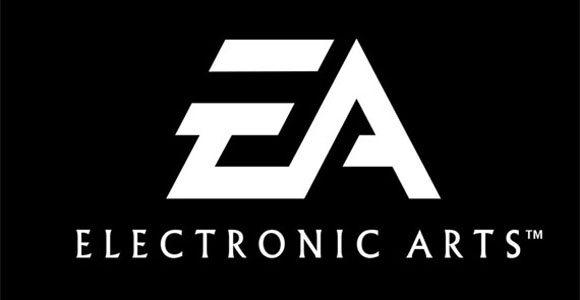Initiatives To Get More Women Into Video Games, Good Or Bad?
Consider the Following

Back in March, we posted a really interesting recruitment video from video game developers Electronic Arts. They showed a video game marketer, developer, and publisher – all women – talking about how they got their start in the business. We thought it was a really great way to show young women some unique career opportunities. And then the video was removed. We have no idea why but apparently EA is still actively on the hunt for women to work at their company and for them to play their games. Why? They may finally be realizing the marketing potential, but the industry still has a long way to go and not everyone is sure actively seeking out women for programming jobs is the way to go.
Peninsula Press points out two recent releases from EA, Mass Effect 3 (featuring FemShep) and The Sims3 Showtime (which used Katy Perry as a spokesperson), both of which they believe made a good push at marketing to women. They spoke with Robin Yang, currently a social game producer, who used to be a producer at EA’s PopCap Games.
“Even though we’ve made strides in the last few years, it’s pretty horrifying that we’re still under 10 percent of women in the gaming workforce,” she said. “I felt that the press side was definitely more welcoming because I felt people were more interested in my opinion [as a woman]. People were looking for diversity in reporters and perspectives on the content coming out, whereas in production it’s less about what I provide as a woman and more what I can as a producer.”
Metanet’s Mare Sheppard recently held a panel on sexism in the industry at the Game Developers Conference. “The problem with Women in Games initiatives and other similar programs is that they tend to address the symptoms of inequality in our culture, but not the systemic problems beneath them,” Sheppard wrote in an editorial that accompanied her talk. “One reason for the underrepresentation of women in the games industry is that women often perceive a lack of fit when they compare themselves to the traditional computer-science major/computer programmer.”
Peninsula Press writes. “Yang agreed, saying that encouraging education at an early age, specifically driven by more math and science for girls, would alleviate the career disparities and stereotypes later in life. Though Yang said that women in the video-gaming workforce can still face discrimination, the female gamer population seems to be growing. According to the Entertainment Software Association, 42 percent of gamers are women; female gamers over the age of 18 account for 37 percent of the game-playing population, compared to only 13 percent of males age 17 or younger.”
Another game EA has made changes to in order to appeal to women? Their latest Madden NFL release. “Last September, EA received a letter from a 14-year-old girl, Lexi Peters from New York, requesting that female players be included in the company’s latest release of its NHL ’12 game after she and a teammate built a team that ‘looked like men.’ Her letter was then forwarded to David Littman, a producer of the NHL game,” writes PP, who reported that Littman saw the letter as a wakeup call. “Peters’ face is now the standard avatar for female characters in the NHL game, released this past fall.”
(via Peninsula Press)
Have a tip we should know? tips@themarysue.com